Home>Garden Essentials>What Sunflower Seeds Are Edible
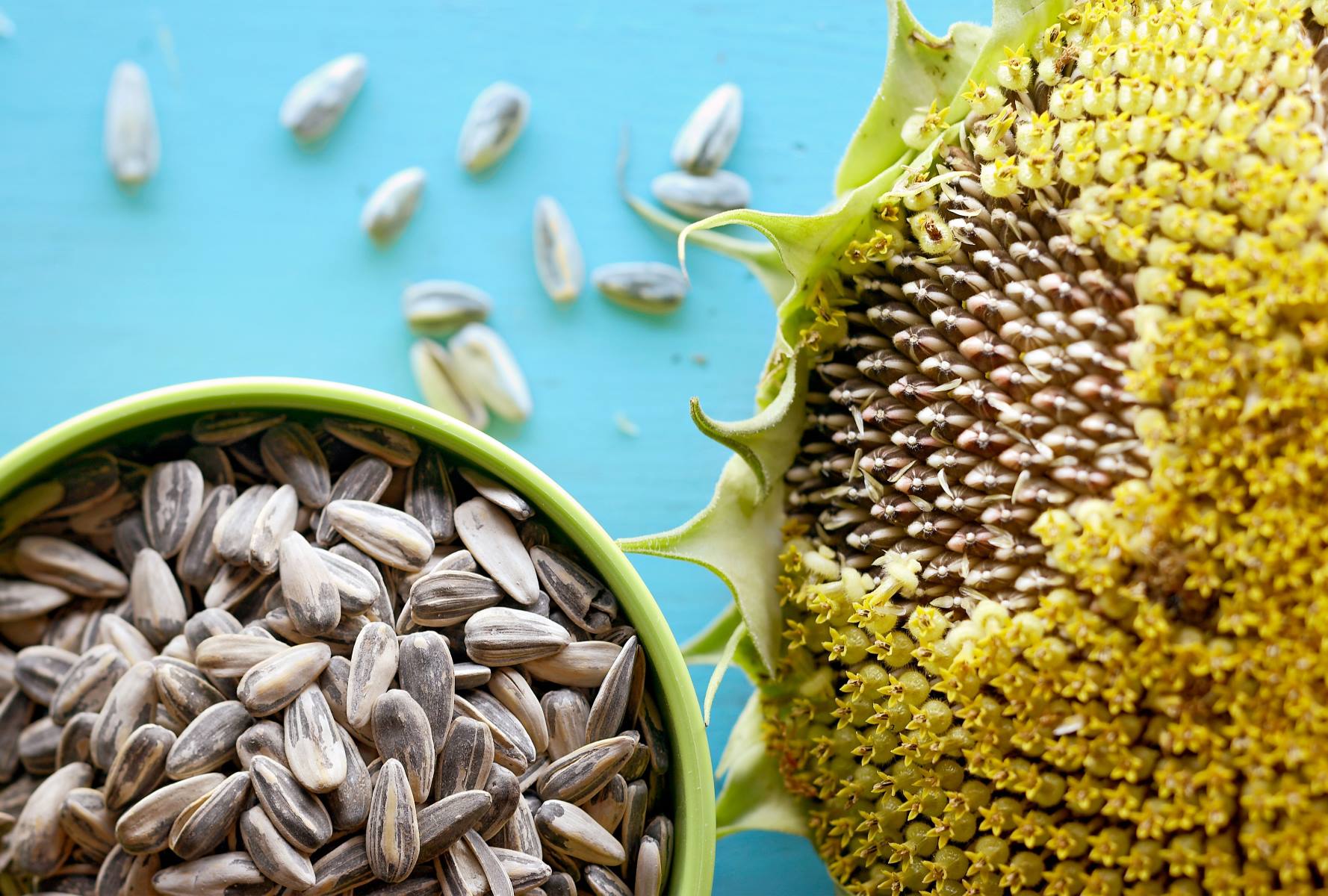

Garden Essentials
What Sunflower Seeds Are Edible
Modified: October 18, 2024
Looking to grow your own edible sunflower seeds in your garden? Learn everything you need to know about growing and harvesting sunflower seeds in our detailed guide.
(Many of the links in this article redirect to a specific reviewed product. Your purchase of these products through affiliate links helps to generate commission for Storables.com, at no extra cost. Learn more)
Introduction
Welcome to the fascinating world of sunflower seeds! In this article, we will explore the edible qualities of these nutritious and versatile seeds. Sunflower seeds have been enjoyed for centuries, both for their delicious taste and their numerous health benefits. Whether you are a gardening enthusiast or simply someone who appreciates good food, this article will provide you with valuable insights into the world of edible sunflower seeds.
Native to North America, sunflowers have a rich history dating back thousands of years. They were cultivated by indigenous peoples who recognized the value of sunflower seeds as a nutritious food source. The seeds were not only used for nourishment but also had sacred and ceremonial significance for these ancient civilizations.
In modern times, sunflowers are widely grown for their beauty and their seeds. They are a staple in many home gardens and commercial farms, thanks to their easy cultivation and high productivity. The iconic yellow flowers turn their faces towards the sun, giving the plant its name and adding to its charm.
When it comes to sunflower seeds, not all varieties are edible. The seeds we commonly consume come from the Helianthus annuus species, which produces large, plump seeds that are packed with flavor. These seeds are typically black and white striped, with a mild, nutty taste that is both satisfying and addictive.
If you’ve never considered snacking on sunflower seeds, you may be surprised to learn just how nutritious they are. Packed with essential vitamins, minerals, and healthy fats, these tiny powerhouses offer a range of health benefits. From boosting heart health to supporting brain function, sunflower seeds are a nutrient-dense addition to any diet.
Not only are sunflower seeds nutritious, but they are also incredibly versatile in the kitchen. They can be enjoyed in a variety of ways, from adding a crunchy texture to salads and baked goods to being made into a delicious butter or used as a coating for protein dishes.
When it comes to purchasing and storing sunflower seeds, there are a few tips to keep in mind to ensure their quality and freshness. Proper storage will help maintain their flavor and prevent spoilage. Additionally, it’s important to be aware of potential allergies and side effects that can occur when consuming sunflower seeds, especially for those with specific dietary restrictions.
Now that we’ve laid the groundwork, let’s dive deeper into the history, nutritional value, varieties, health benefits, culinary uses, buying and storing tips, and precautions of sunflower seeds. By the end of this article, you’ll have a newfound appreciation for these tiny treasures and all they have to offer.
Key Takeaways:
- Sunflower seeds are a nutritious and versatile snack, rich in protein, healthy fats, and essential vitamins. They offer numerous health benefits, from supporting heart health to promoting brain function.
- When enjoying sunflower seeds, be mindful of potential allergies, choking hazards, and caloric content. Proper storage and portion control are key to safely savoring their delightful flavors and nutritional value.
Read more: What To Make With Sunflower Seeds
History of Sunflower Seeds
Sunflower seeds have a rich and fascinating history that spans thousands of years. Native to North America, these seeds were first cultivated by indigenous peoples who recognized their value as a food source.
The earliest evidence of sunflower cultivation dates back to around 3000 BCE, with archaeological findings in present-day Mexico. Native American tribes such as the Hopi, Navajo, and Pueblo peoples are known to have grown and consumed sunflowers for centuries. They not only used the seeds as a nutritious food but also used different parts of the plant for medicinal, ceremonial, and artistic purposes.
The sunflower plant, with its vibrant yellow flowers and towering height, held a special significance within Native American cultures. The seeds were seen as a symbol of abundance and were often used in rituals and ceremonies. They were also prized for their oil, which was extracted and used for cooking, light, and body adornment.
When European explorers arrived in the Americas, they were introduced to sunflowers and brought them back to their home countries. The seeds quickly gained popularity across Europe and started to be cultivated on a larger scale.
In the 18th century, Russian farmers began cultivating sunflower seeds for oil production. The Russian climate was well-suited to sunflowers, and the crop flourished. By the late 19th century, Russia was the leading producer of sunflower oil in the world.
In the United States, sunflower seeds gained prominence in the late 19th century when Russian immigrants introduced them to the Dakotas. The region’s fertile soil and favorable climate created ideal conditions for sunflower cultivation. Today, the United States is among the top producers of sunflower seeds globally.
Over the years, sunflower seeds have continued to gain popularity worldwide. They are not only grown for their nutritional value but also for their beauty. Sunflowers are commonly found in gardens and fields, adding a splash of vibrant color to the landscape.
In recent times, sunflower seeds have also become a popular snack. They are widely consumed as a convenient and healthy option, offering a satisfying crunch and a delightful nutty flavor. Whether enjoyed roasted, salted, or used as an ingredient in various culinary creations, sunflower seeds have secured their place as a staple in many households.
The rich history and cultural significance of sunflower seeds make them more than just a nutritious snack. They represent a connection to the past, honoring the indigenous peoples who first cultivated and revered these remarkable plants. By savoring sunflower seeds, we can appreciate the long journey they have taken to become a beloved and versatile ingredient in our modern world.
Nutritional Value of Sunflower Seeds
Sunflower seeds are not only delicious but also highly nutritious. Packed with essential vitamins, minerals, and healthy fats, they offer a range of health benefits when incorporated into a balanced diet.
Here is a breakdown of the key nutrients found in sunflower seeds:
- Protein: Sunflower seeds are an excellent plant-based source of protein, making them a great addition to vegetarian and vegan diets. A 1-ounce serving of sunflower seeds provides around 6 grams of protein.
- Fiber: Sunflower seeds are rich in dietary fiber, which aids in digestion and supports overall gut health. It helps promote regular bowel movements and can contribute to a feeling of fullness. A 1-ounce serving of sunflower seeds contains approximately 3 grams of fiber.
- Healthy Fats: Sunflower seeds are a good source of healthy fats, primarily monounsaturated and polyunsaturated fats. These fats help promote heart health, reduce inflammation, and support brain function. They also play a role in maintaining healthy skin and hair. A 1-ounce serving of sunflower seeds contains about 14 grams of fat, most of which are unsaturated.
- Vitamins: Sunflower seeds are rich in several essential vitamins, including vitamin E, vitamin B1 (thiamine), vitamin B6, and folate. Vitamin E is a powerful antioxidant that helps protect cells from damage caused by free radicals. The B vitamins are crucial for energy production, brain function, and a healthy nervous system.
- Minerals: Sunflower seeds are a good source of minerals such as magnesium, potassium, phosphorus, and zinc. Magnesium plays a vital role in bone health, muscle function, and energy production. Potassium helps regulate blood pressure and fluid balance, while phosphorus is essential for healthy bones and teeth. Zinc is important for immune function and wound healing.
In addition to these essential nutrients, sunflower seeds also contain antioxidants, which help protect the body against oxidative stress and reduce the risk of chronic diseases.
It’s worth noting that while sunflower seeds are nutritious, they are also calorie-dense. So, portion control is important, especially if you are watching your calorie intake. A 1-ounce serving of sunflower seeds contains around 165 calories. As with any food, moderation is key to maintaining a balanced diet.
Incorporating sunflower seeds into your meals and snacks can be an easy and delicious way to boost your nutrient intake. Whether sprinkled over salads, added to smoothies, or enjoyed as a standalone snack, sunflower seeds provide a satisfying crunch and a host of health benefits.
Now that you’re aware of the nutritional value of sunflower seeds, let’s explore the various edible varieties of these seeds and the unique qualities each one brings to the table.
Edible Varieties of Sunflower Seeds
When it comes to sunflower seeds, not all varieties are suitable for consumption. The edible varieties that are commonly enjoyed for their taste and nutritional value come from the Helianthus annuus species. Within this species, there are different cultivars and hybrids that offer unique characteristics and flavors.
Here are some of the edible varieties of sunflower seeds:
- Black Oil Sunflower Seeds: This is the most common type of sunflower seed that is grown for edible purposes. The seeds are black with distinctive white stripes and have a high oil content. Black oil sunflower seeds are typically larger in size and have a rich, nutty flavor. They are often used for snacking or as an ingredient in various recipes.
- Striped Sunflower Seeds: Striped sunflower seeds are similar to black oil sunflower seeds but have a thinner shell. They are known for their striped appearance, with gray or black stripes on a white or cream-colored background. These seeds are slightly smaller and have a milder flavor compared to black oil sunflower seeds.
- High Oleic Sunflower Seeds: High oleic sunflower seeds are a special variety that has been bred specifically for their high monounsaturated fat content. These seeds contain a higher proportion of oleic acid, which is a healthy fat that can help reduce LDL cholesterol levels and promote heart health. High oleic sunflower seeds have a similar appearance to black oil sunflower seeds but with a higher oil content and a slightly different flavor profile.
- Mammoths/Giants: Mammoth or giant sunflower seeds refer to varieties that produce exceptionally large seeds. These seeds can be up to twice the size of regular sunflower seeds, making them a popular choice for snacking. They have a similar flavor profile to black oil sunflower seeds but offer a more substantial and satisfying crunch.
- Colored Varieties: In addition to the traditional black and white striped seeds, there are also colored varieties of sunflower seeds. These seeds come in various shades, including red, orange, and even multicolored options. While they may differ in appearance, the taste and nutritional value are quite similar to the standard black oil sunflower seeds.
Each variety of sunflower seed brings its own unique qualities to the table. Some may prefer the robust flavor of black oil sunflower seeds, while others may enjoy the milder taste of the striped variety. The choice ultimately comes down to personal preference and how you plan to use the seeds in your culinary creations.
It’s important to note that not all sunflower seeds sold commercially are meant for direct consumption. Some seeds are specifically grown for oil production and may have a lower quality or taste different from the edible varieties mentioned above. When purchasing sunflower seeds, be sure to look for those labeled as “edible” or “for eating” to ensure you are getting the best quality seeds for snacking or cooking.
Now that we’ve explored the edible varieties of sunflower seeds, it’s time to delve into the incredible health benefits that these seeds offer when incorporated into a balanced diet.
Health Benefits of Eating Sunflower Seeds
Sunflower seeds not only taste delicious but also offer an array of health benefits. Packed with vitamins, minerals, and healthy fats, these little seeds can contribute to a well-rounded and nutritious diet. Here are some of the key health benefits of incorporating sunflower seeds into your meals and snacks:
- Heart Health: Sunflower seeds are rich in healthy fats, particularly monounsaturated and polyunsaturated fats. These fats can help lower LDL (bad) cholesterol levels and reduce the risk of heart disease. Additionally, sunflower seeds contain vitamin E, which has antioxidant properties and may help prevent the oxidation of LDL cholesterol.
- Boosted Immunity: Sunflower seeds are an excellent source of antioxidants, including vitamin E and selenium. These antioxidants help protect the body against harmful free radicals, which can contribute to chronic diseases and weaken the immune system. Including sunflower seeds in your diet can support your immune system and enhance overall well-being.
- Improved Digestion: Sunflower seeds are rich in dietary fiber, which plays a crucial role in promoting healthy digestion. Fiber adds bulk to the stool, facilitating regular bowel movements and preventing constipation. It also nourishes the beneficial bacteria in the gut, supporting a healthy and balanced microbiome.
- Brain Function: Sunflower seeds are a good source of nutrients that are important for brain health, including vitamin E, magnesium, and folate. Vitamin E, in particular, has been linked to a reduced risk of cognitive decline and may help protect against age-related neurodegenerative diseases, such as Alzheimer’s. The magnesium and folate in sunflower seeds also support cognitive function and contribute to a healthy nervous system.
- Muscle Health and Repair: Sunflower seeds are rich in protein, which is essential for muscle growth, repair, and overall strength. Protein is made up of amino acids, which are the building blocks of muscles. Including sunflower seeds in your diet can help meet your protein needs, especially for those following a vegetarian or vegan diet.
- Healthy Skin and Hair: Sunflower seeds are a good source of various nutrients that promote healthy skin and hair, including vitamin E, zinc, and essential fatty acids. Vitamin E is known for its skin-nourishing properties and may help improve the appearance of skin by reducing inflammation and protecting against UV damage. Zinc plays a crucial role in maintaining healthy skin and hair, while essential fatty acids contribute to skin hydration and flexibility.
It’s important to note that while sunflower seeds offer numerous health benefits, they should be enjoyed in moderation as part of a balanced diet. Despite their nutritional value, sunflower seeds are calorie-dense, so it’s essential to be mindful of portion sizes and incorporate them into a well-rounded eating plan. Additionally, if you have any specific dietary concerns or allergies, it’s always best to consult with a healthcare professional before making significant changes to your diet.
Now that we’re familiar with the health benefits of sunflower seeds, let’s explore the various culinary uses and ways to incorporate these nutritious seeds into your everyday meals.
When choosing sunflower seeds for eating, look for varieties labeled as “edible” or “confectionary” as these are specifically bred for human consumption and have a thinner shell. Avoid seeds labeled as “non-oilseed” or “black oil” as these are typically used for bird feed.
Read more: How To Make Sunflower Seeds From A Sunflower
Culinary Uses of Sunflower Seeds
Sunflower seeds are not only nutritious but also incredibly versatile in the kitchen. From adding a delightful crunch to salads and baked goods to being transformed into creamy spreads or used as a coating for proteins, there are countless ways to incorporate sunflower seeds into your culinary creations. Here are some popular culinary uses of sunflower seeds:
- Snacking: One of the simplest and most popular ways to enjoy sunflower seeds is as a standalone snack. Roasted and salted sunflower seeds make a delicious and nutritious snack option, perfect for satisfying midday cravings or enjoying on-the-go.
- Baking: Sunflower seeds can be a wonderful addition to baked goods, adding both flavor and texture. They can be sprinkled on top of breads, muffins, and cookies before baking, providing a delightful crunch and nutty taste. You can also incorporate ground sunflower seeds into flour mixes for added nutrients.
- Salads and Grain Bowls: Sprinkling sunflower seeds over salads and grain bowls adds a satisfying crunch and enhances the overall flavor profile. Whether you’re making a fresh green salad, a hearty grain-based bowl, or a vibrant fruit salad, sunflower seeds add a delightful texture and a subtle nutty taste.
- Sauces and Dressings: Sunflower seeds can be transformed into creamy, dairy-free sauces and dressings. By blending soaked sunflower seeds with herbs, spices, and your choice of liquid (such as water or plant-based milk), you can create a delicious and versatile sauce to drizzle over roasted vegetables, pasta, or grain dishes.
- Homemade Spreads: Sunflower seeds can be ground and processed to make a creamy and nutritious spread, similar to peanut or almond butter. Sunflower seed butter is a great alternative for those with nut allergies and adds a unique flavor to sandwiches, toast, or as a dip for fruits and vegetables.
- Coatings and Crusts: Ground sunflower seeds can be used as a coating for proteins, such as chicken, fish, or tofu, adding a crunchy texture and a hint of nuttiness. They can also be mixed with breadcrumbs or other ingredients to create a flavorful crust for baked or pan-fried dishes.
- Granola and Trail Mixes: Sunflower seeds make a nutritious addition to homemade granola and trail mixes. Combine them with oats, nuts, dried fruits, and your choice of sweeteners for a delicious and energy-boosting snack.
- Smoothies and Shakes: For an added nutritional boost, throw a handful of sunflower seeds into your smoothies or shakes. They not only add creaminess but also contribute healthy fats and protein, making your beverage more satisfying and nourishing.
These are just a few examples of the versatile ways you can use sunflower seeds in your culinary adventures. Feel free to get creative and experiment with different recipes and applications. Sunflower seeds add a delightful flavor and texture to a variety of dishes, elevating both their taste and nutritional value.
Now that we’ve explored the many culinary uses of sunflower seeds, let’s dive into some tips on buying and storing these nutritious seeds to maintain their freshness and flavor.
Tips for Buying and Storing Sunflower Seeds
When it comes to buying and storing sunflower seeds, there are a few important factors to consider in order to ensure their quality and freshness. By following these tips, you can enjoy the full flavor and nutritional benefits of sunflower seeds:
- Buy from reputable sources: Purchase sunflower seeds from trusted and reputable sources to ensure their quality. This can include local farmers’ markets, health food stores, or well-known brands. Check the packaging for information on the origin and production methods.
- Opt for organic seeds: Consider buying organic sunflower seeds to minimize exposure to pesticides and ensure a more sustainable farming process.
- Choose intact and unbroken shells: Look for sunflower seeds with intact, unbroken shells. Avoid seeds that are discolored, moldy, or have a rancid or off-putting smell.
- Check the expiration date: Always check the expiration date on the packaging to ensure that the seeds are still fresh. Fresh sunflower seeds have a crisp texture and mild flavor.
- Consider raw or roasted: Sunflower seeds are available in both raw and roasted varieties. Raw seeds are unprocessed and retain their natural flavor, while roasted seeds have a more pronounced nutty taste. Choose according to your personal preference and recipe requirements.
- Store in airtight containers: Once opened, transfer sunflower seeds to airtight containers, such as glass jars or resealable bags, to keep them fresh and protect them from moisture and pests. Store in a cool, dry place away from direct sunlight.
- Refrigerate or freeze for longer shelf life: For extended storage, you can refrigerate or freeze sunflower seeds. This helps to maintain their freshness and prevent spoilage. If frozen, allow the seeds to thaw before using or consuming.
- Keep track of storage time: Sunflower seeds have a relatively long shelf life, but it’s a good practice to keep track of the storage time. Generally, unopened sunflower seeds can last around one year, while opened seeds are best consumed within a few months for optimal flavor and quality.
By following these tips, you can ensure that your sunflower seeds remain fresh and retain their nutritional value for an extended period of time.
However, it’s important to note that sunflower seeds can still spoil or become rancid if not stored properly or exposed to excessive moisture or heat. Inspect the seeds before consumption, and discard any that have an unusual odor or taste.
Now that you know how to buy and store sunflower seeds, let’s explore some precautions and potential side effects to be aware of when consuming these versatile seeds.
Precautions and Side Effects
While sunflower seeds offer numerous health benefits and are generally safe to consume, there are a few precautions and potential side effects to be aware of:
- Allergies: Sunflower seeds can cause allergic reactions in some individuals, particularly those who have existing allergies to plants in the Asteraceae family, such as ragweed, daisies, and chrysanthemums. If you have known allergies to these plants, it’s best to consult with a healthcare professional before consuming sunflower seeds.
- Choking Hazard: Sunflower seeds have a hard outer shell that can pose a choking hazard, especially for young children. It’s important to be cautious when offering sunflower seeds to young kids and ensure they are old enough to safely handle and consume them. Consider using sunflower seed butter as an alternative for young children.
- Caloric Content: While sunflower seeds are nutrient-rich, they are also calorie-dense. Consuming large quantities of sunflower seeds without accounting for their caloric content can contribute to weight gain. It’s important to practice portion control and incorporate sunflower seeds into a balanced diet.
- Potential for Rancidity: Sunflower seeds contain natural oils that can become rancid if not stored properly. Signs of rancidity include a sour or unpleasant odor and a bitter taste. Always check the freshness of the seeds before consuming, and discard any that show signs of spoilage.
Additionally, it’s also worth noting that while sunflower seeds are a nutritious addition to most diets, they may not be suitable for everyone. If you have any underlying health conditions or dietary restrictions, it’s best to consult with a healthcare professional or a registered dietitian before incorporating sunflower seeds into your diet.
Overall, with proper storage, mindful consumption, and awareness of any allergies or individual sensitivities, sunflower seeds can be enjoyed as a healthy and delicious part of a balanced diet.
Now that we’ve covered the precautions and potential side effects, let’s conclude our exploration of sunflower seeds and the wonderful world of possibilities they offer in the culinary realm.
Conclusion
Sunflower seeds, with their rich history, nutritional value, and culinary versatility, have undoubtedly earned a place of honor in our kitchens and gardens. From their humble beginnings as a staple food for indigenous cultures to their widespread popularity today, sunflower seeds continue to captivate us with their delightful taste and numerous health benefits.
We have explored the fascinating history of sunflower seeds, tracing their origins to Native American civilizations and their subsequent spread to different parts of the world. Sunflower seeds have transcended cultural boundaries and become a global favorite, loved for their taste and admired for their symbolism of abundance and vitality.
The nutritional value of sunflower seeds is truly impressive. Packed with protein, healthy fats, fiber, vitamins, and minerals, these little powerhouses offer a range of health benefits. From promoting heart health and supporting brain function to boosting immunity and helping with digestion, sunflower seeds are a nutrient-dense addition to any diet.
Culinary enthusiasts have discovered countless ways to incorporate sunflower seeds into their meals and snacks. Whether enjoyed as a crunchy snack, sprinkled over salads, blended into creamy sauces and spreads, or used as a coating for proteins, sunflower seeds bring a delightful texture and flavor to a variety of dishes.
However, it’s important to exercise caution and be aware of precautions and potential side effects. Allergies, choking hazards, caloric content, and the potential for rancidity are considerations to keep in mind when consuming sunflower seeds. By practicing portion control, choosing reputable sources, and properly storing the seeds, you can safely enjoy their benefits.
In conclusion, sunflower seeds are not only a delicious and versatile ingredient but also a testament to the harmony between nature and our well-being. By honoring their history, savoring their flavors, and embracing their nutritional value, we can appreciate the remarkable journey of sunflower seeds and the joy they bring to our plates.
So, the next time you crack open a bag of sunflower seeds or sprinkle them onto your favorite dish, take a moment to reflect on their incredible journey, from sacred crop to cherished snack. Let the taste of those delightful seeds remind you of the power of nature and the richness it offers.
Embrace the sunflower seed, and let it nourish your body, inspire your creativity, and connect you to the wonders of gardening, history, and vibrant flavors. Enjoy the wholesome goodness of sunflower seeds, and let them become a staple in your kitchen as they have for countless generations before us.
Frequently Asked Questions about What Sunflower Seeds Are Edible
Was this page helpful?
At Storables.com, we guarantee accurate and reliable information. Our content, validated by Expert Board Contributors, is crafted following stringent Editorial Policies. We're committed to providing you with well-researched, expert-backed insights for all your informational needs.
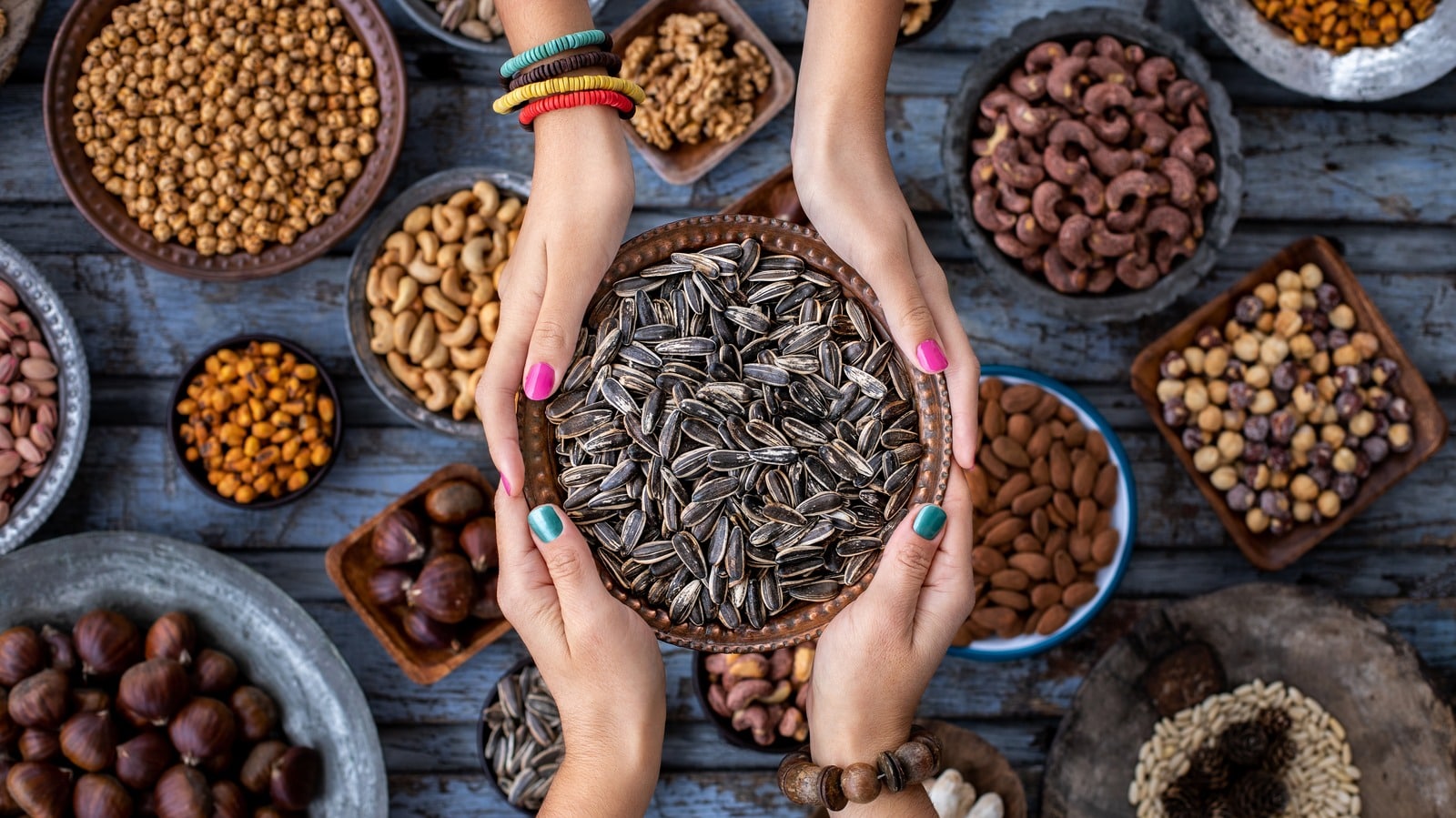
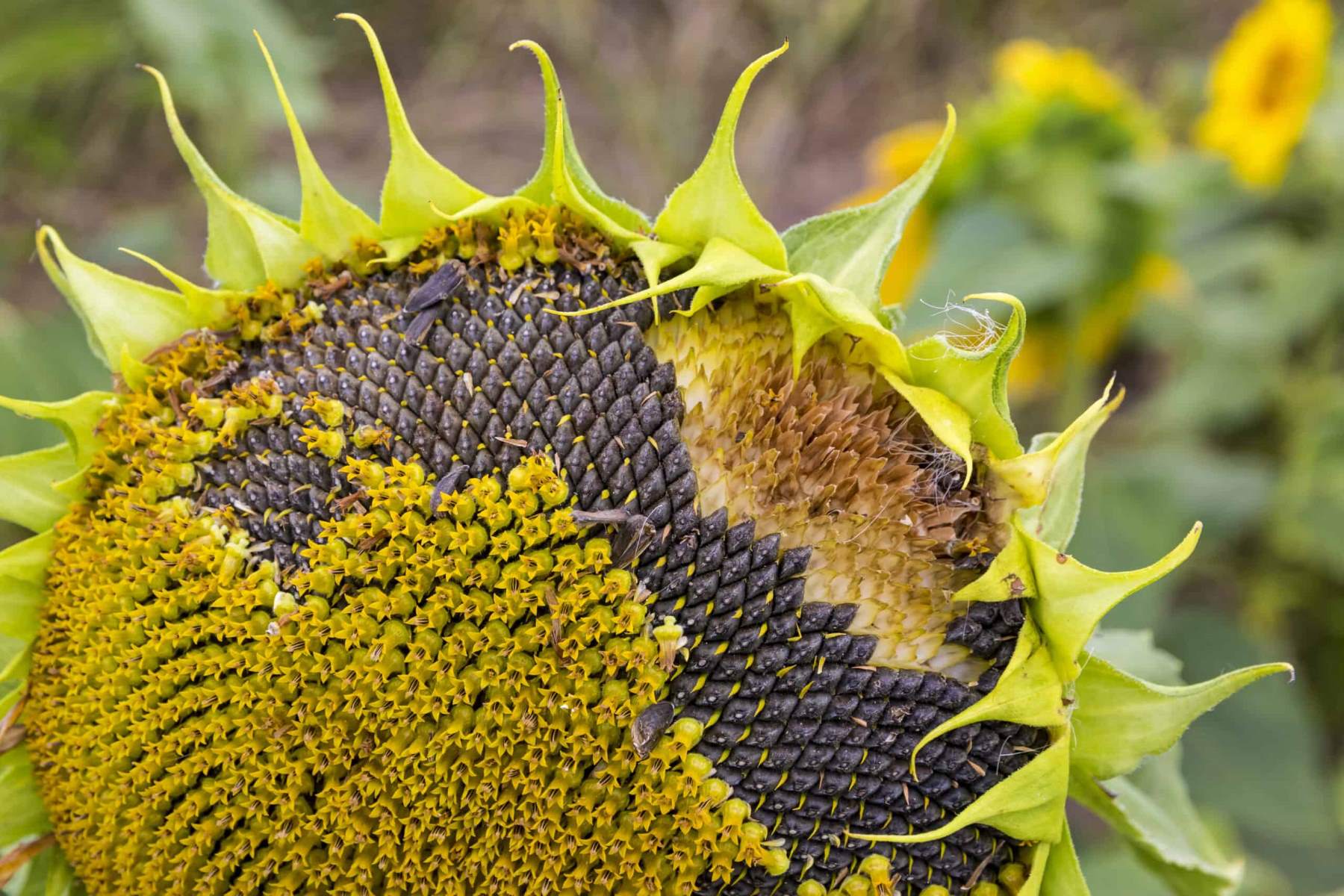
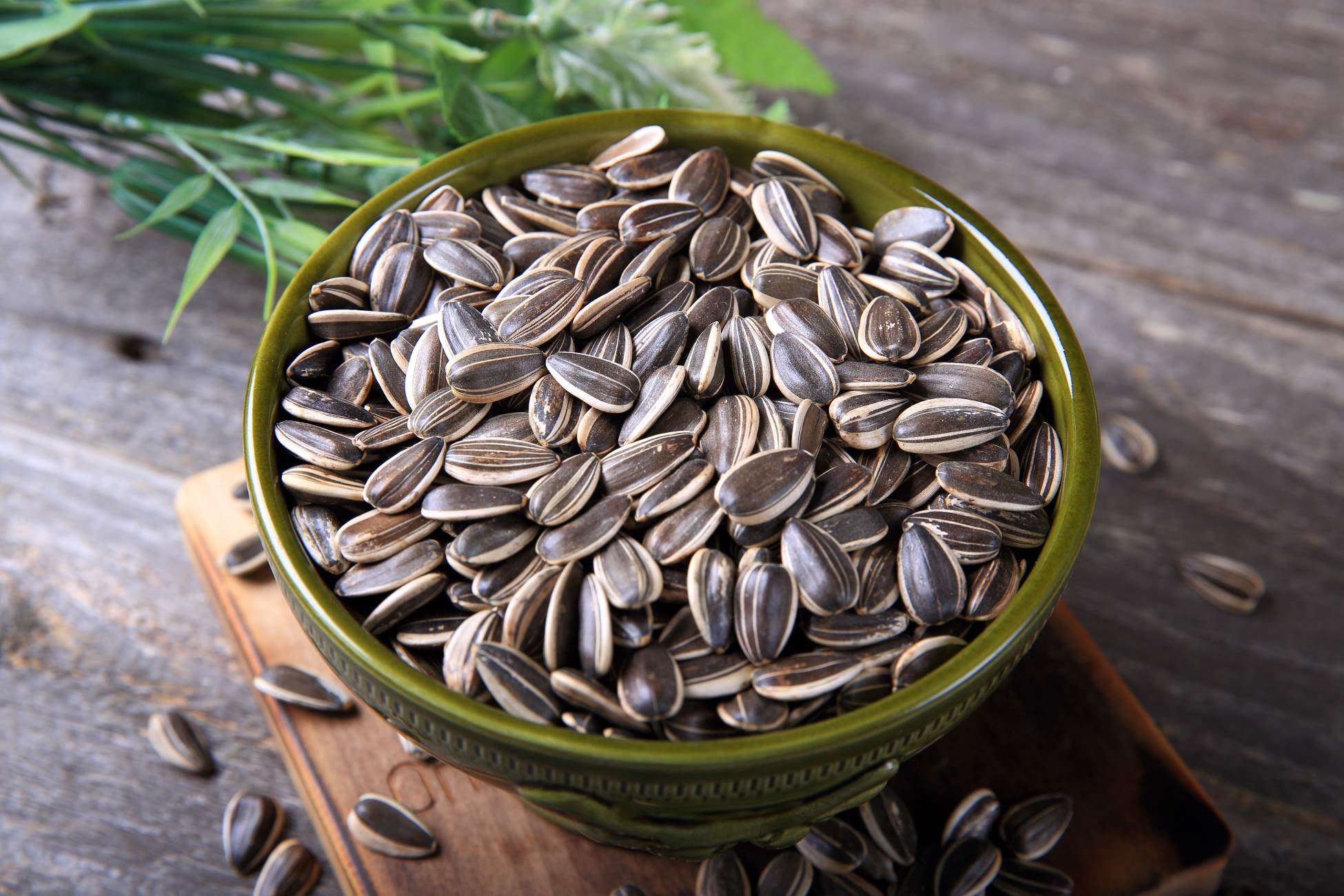
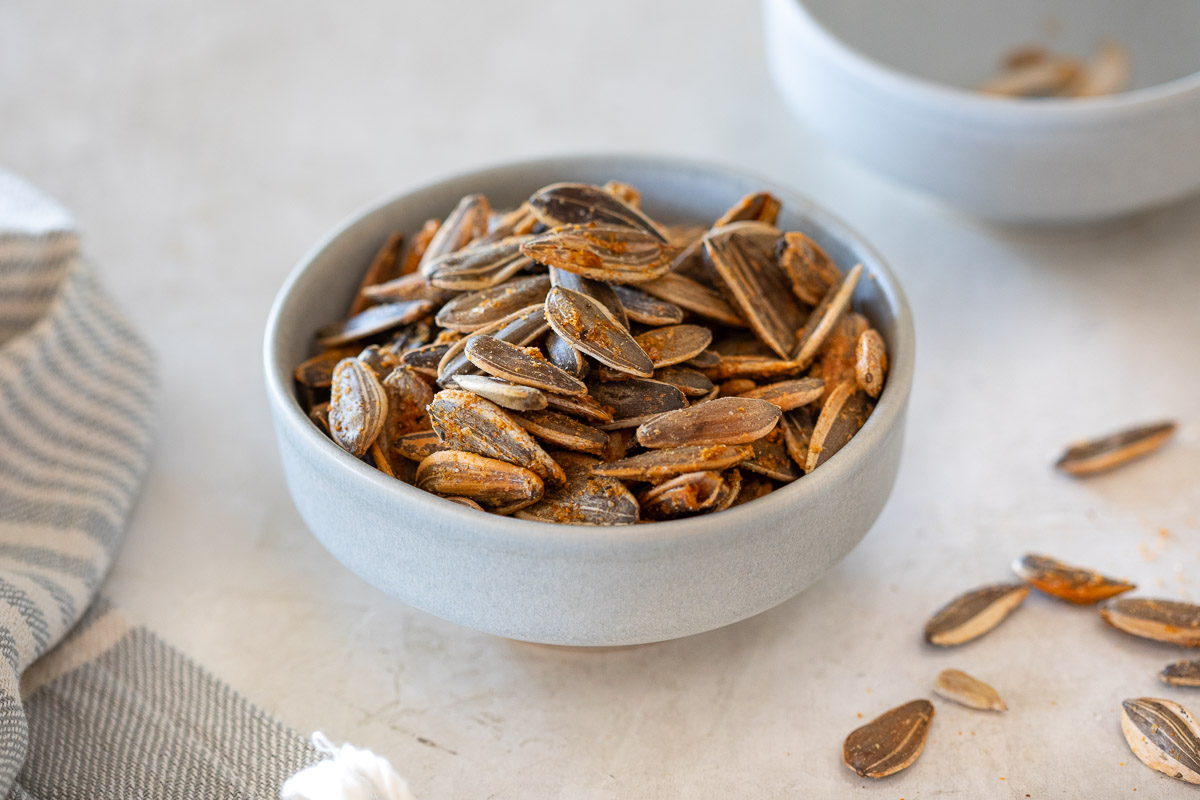
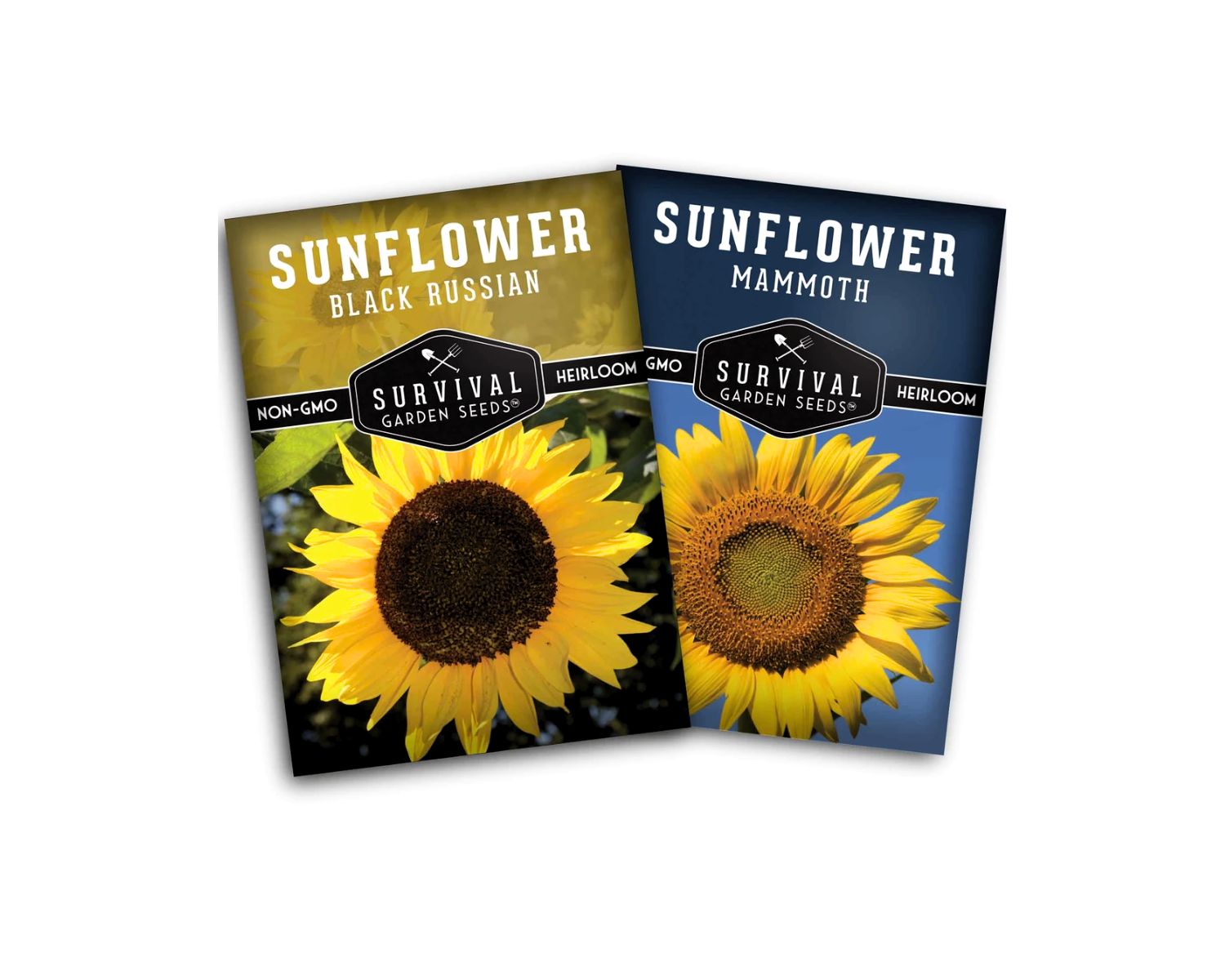
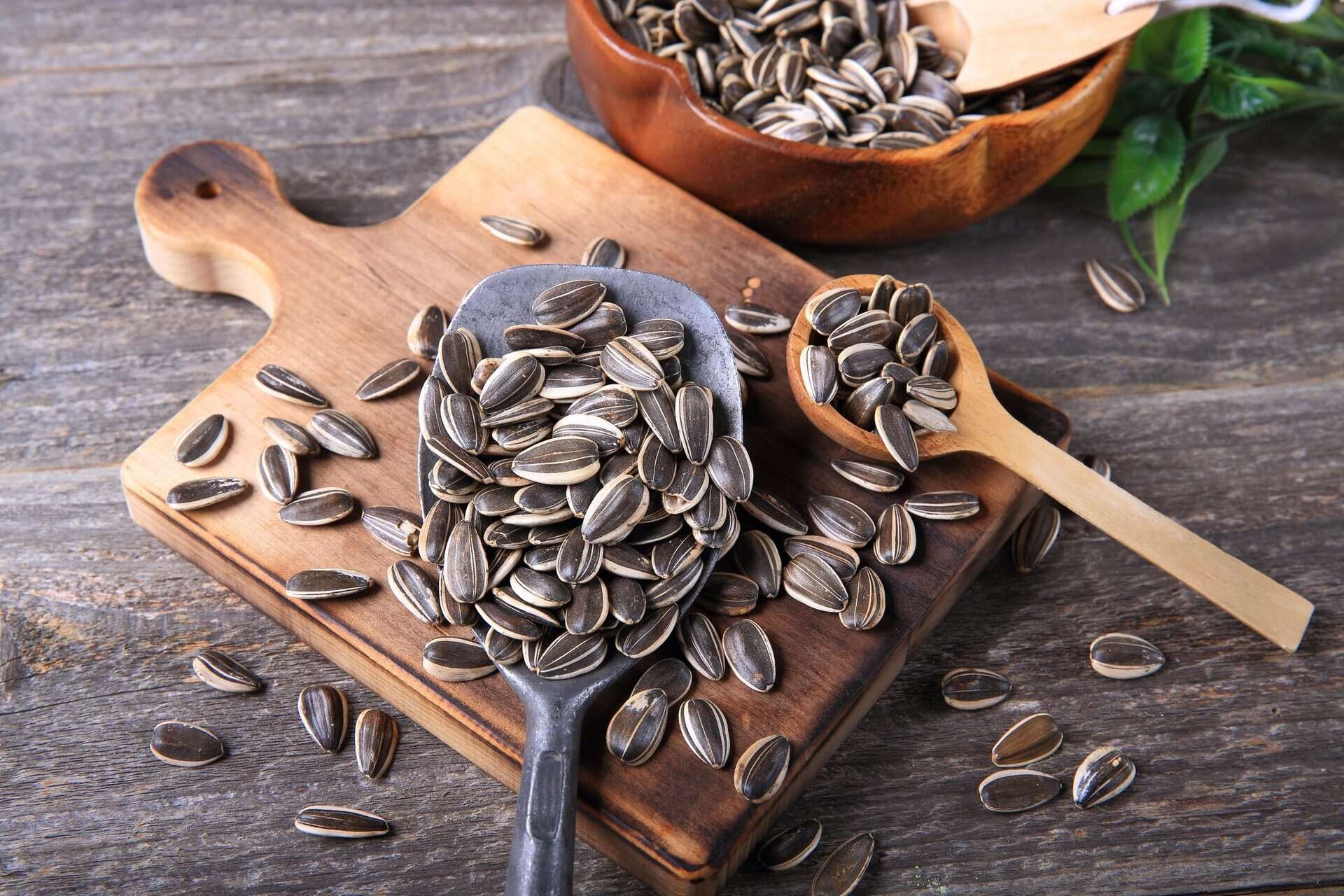
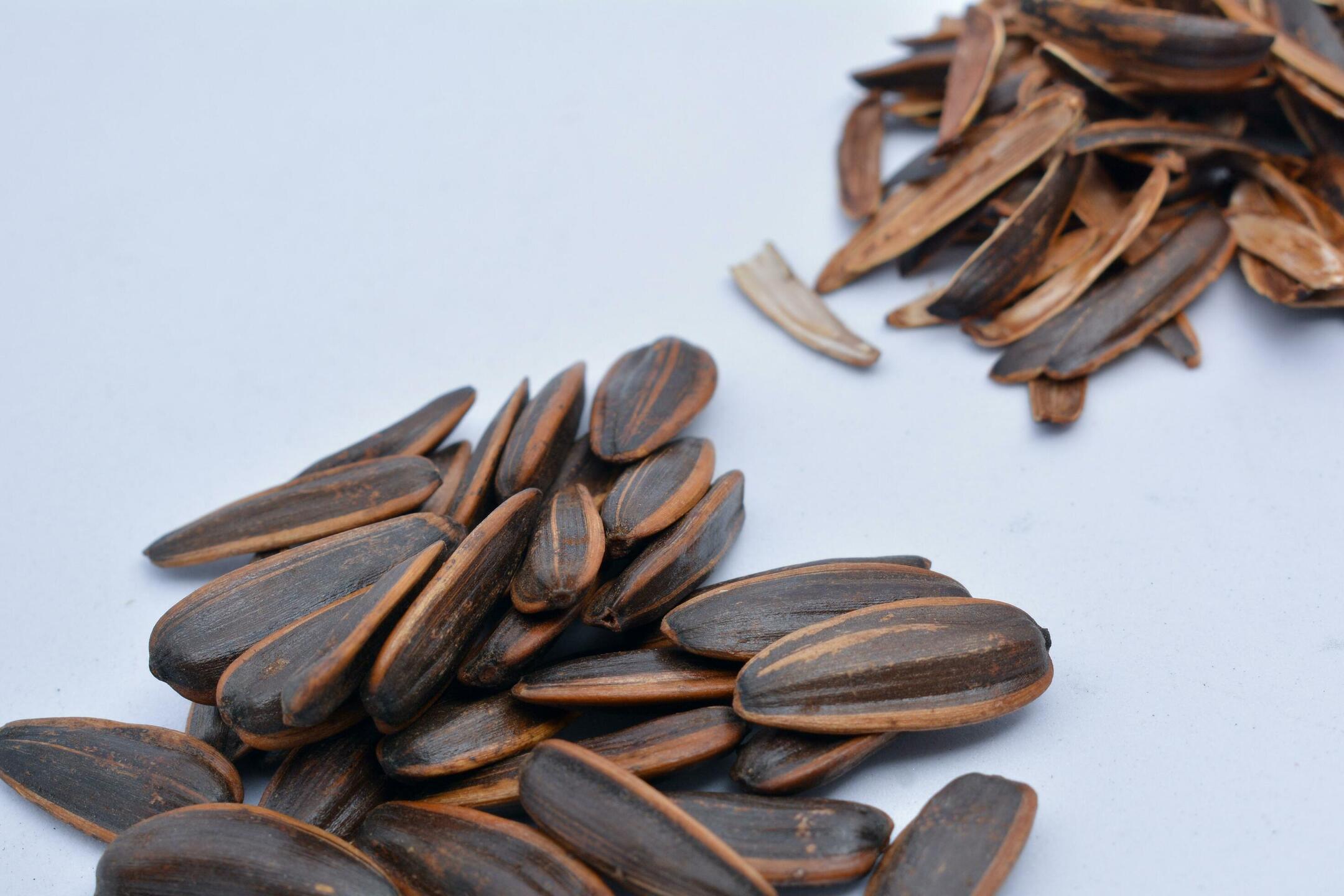
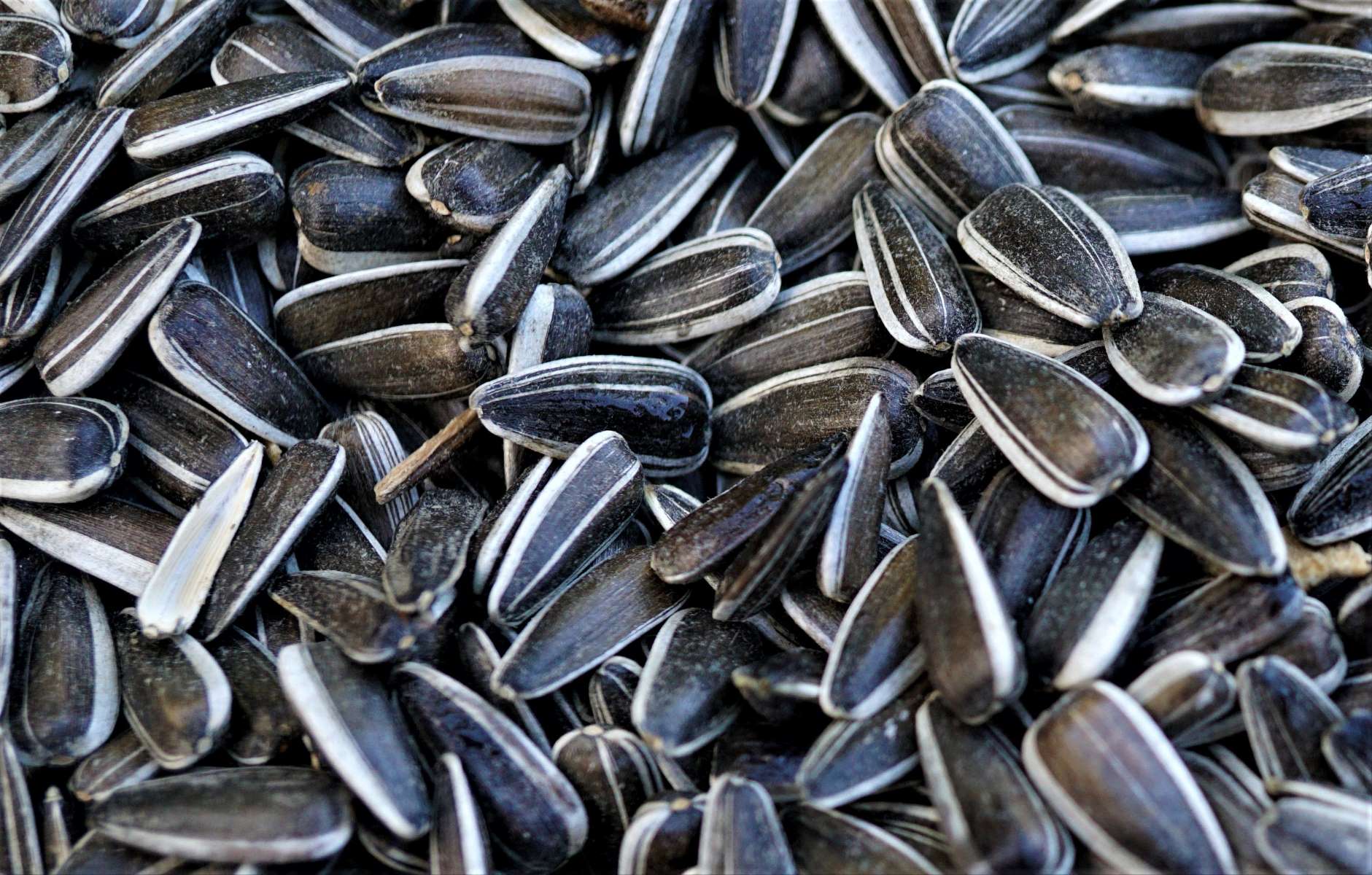
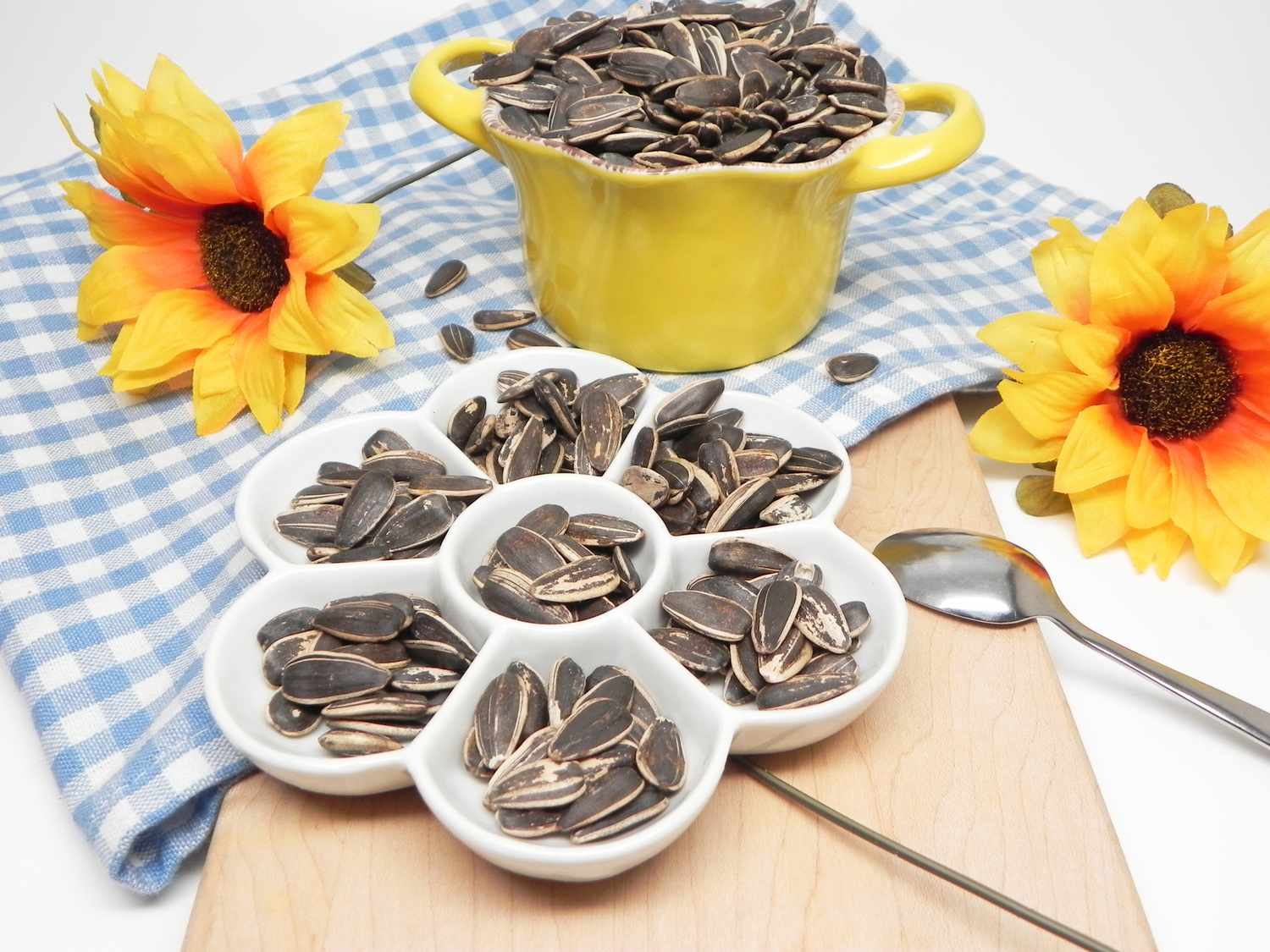
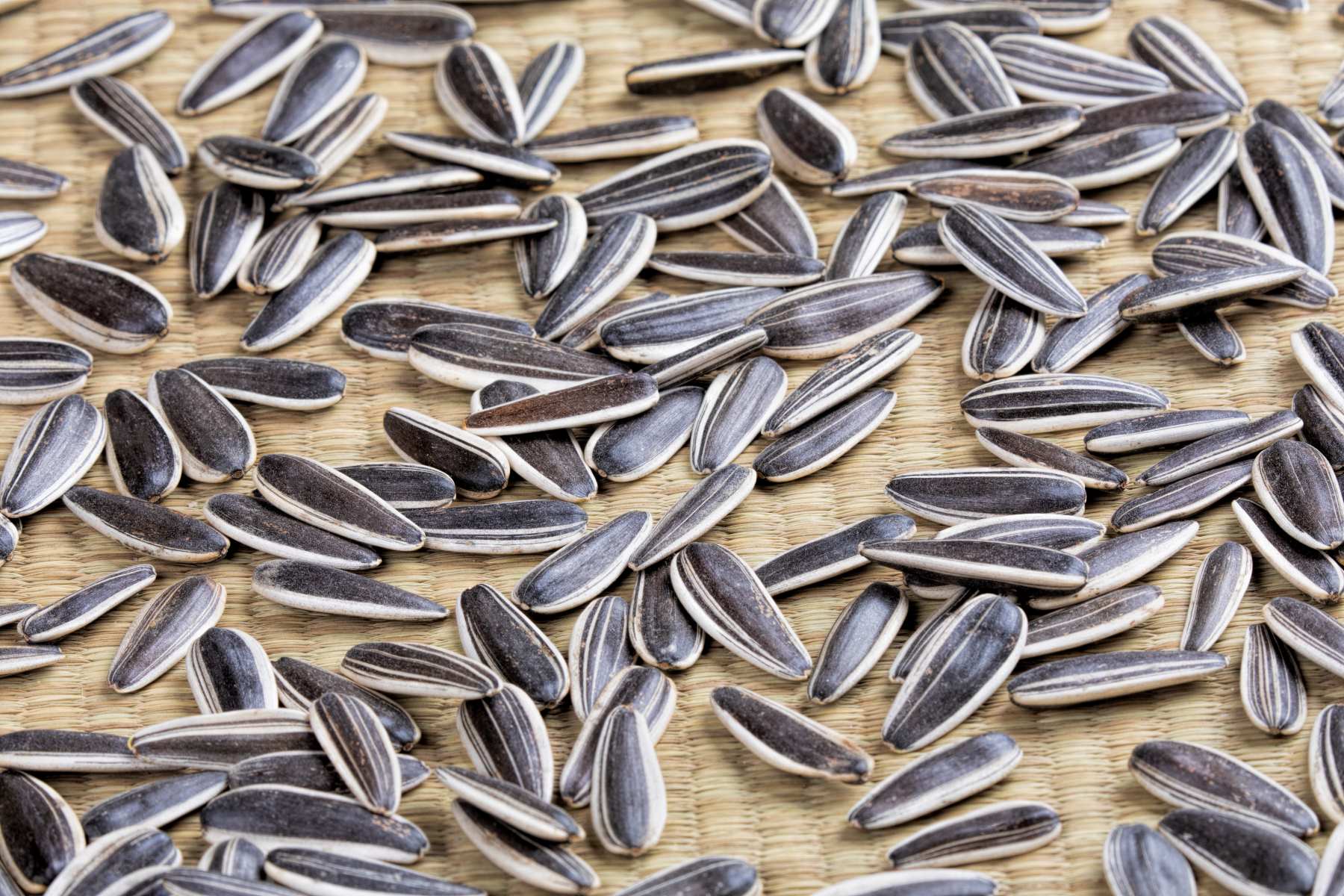
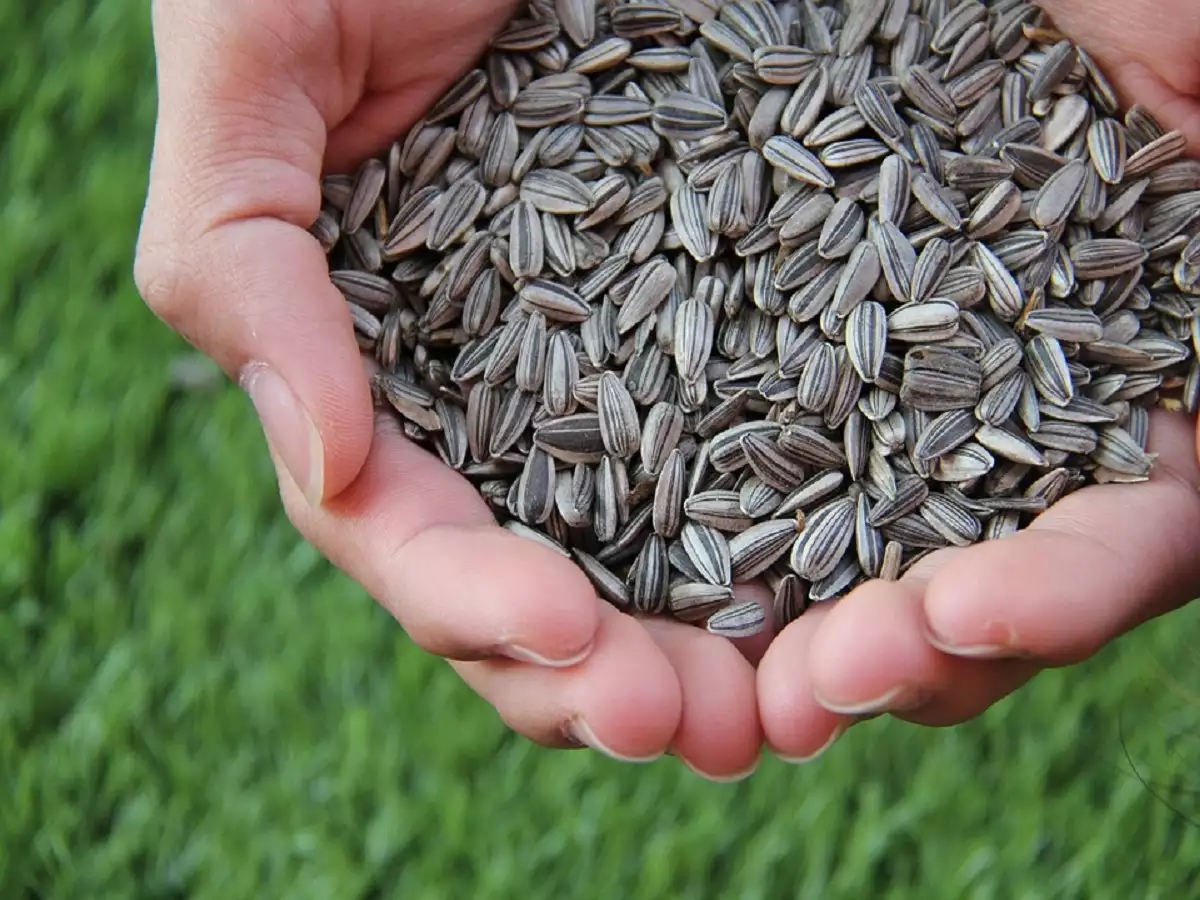
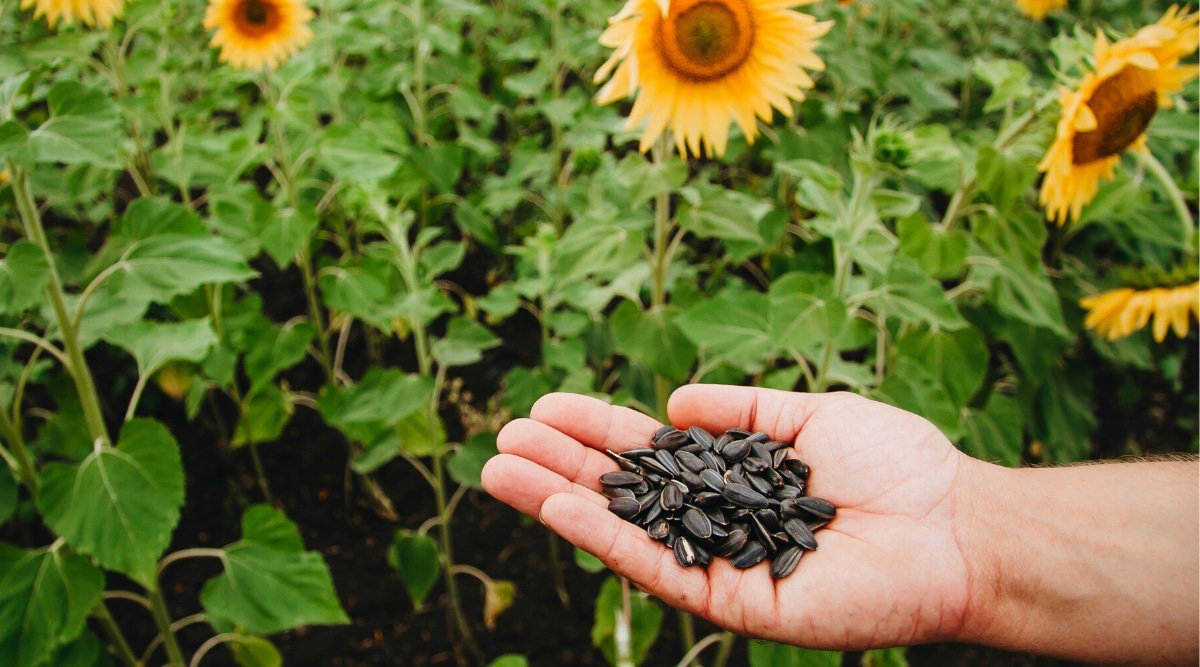
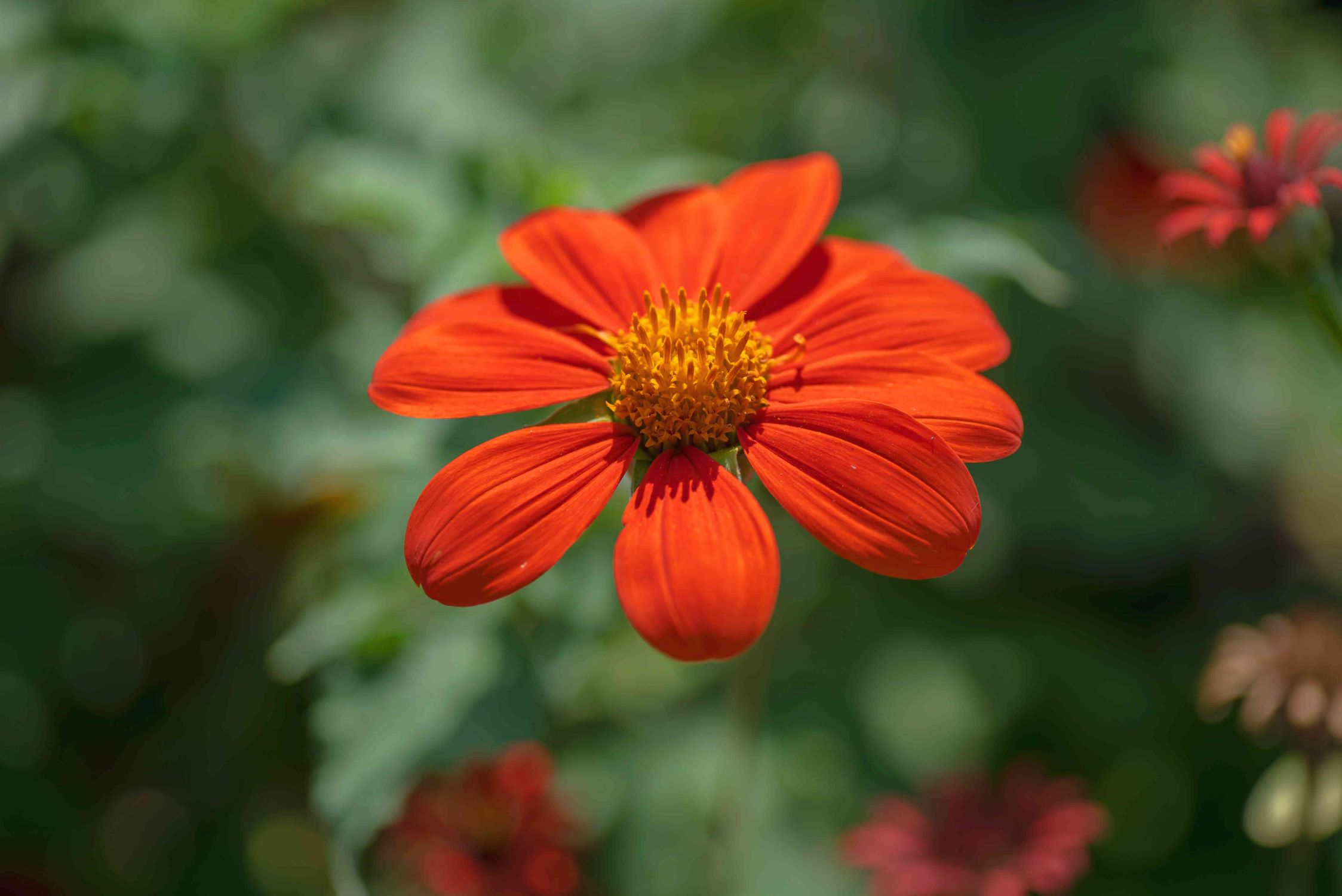
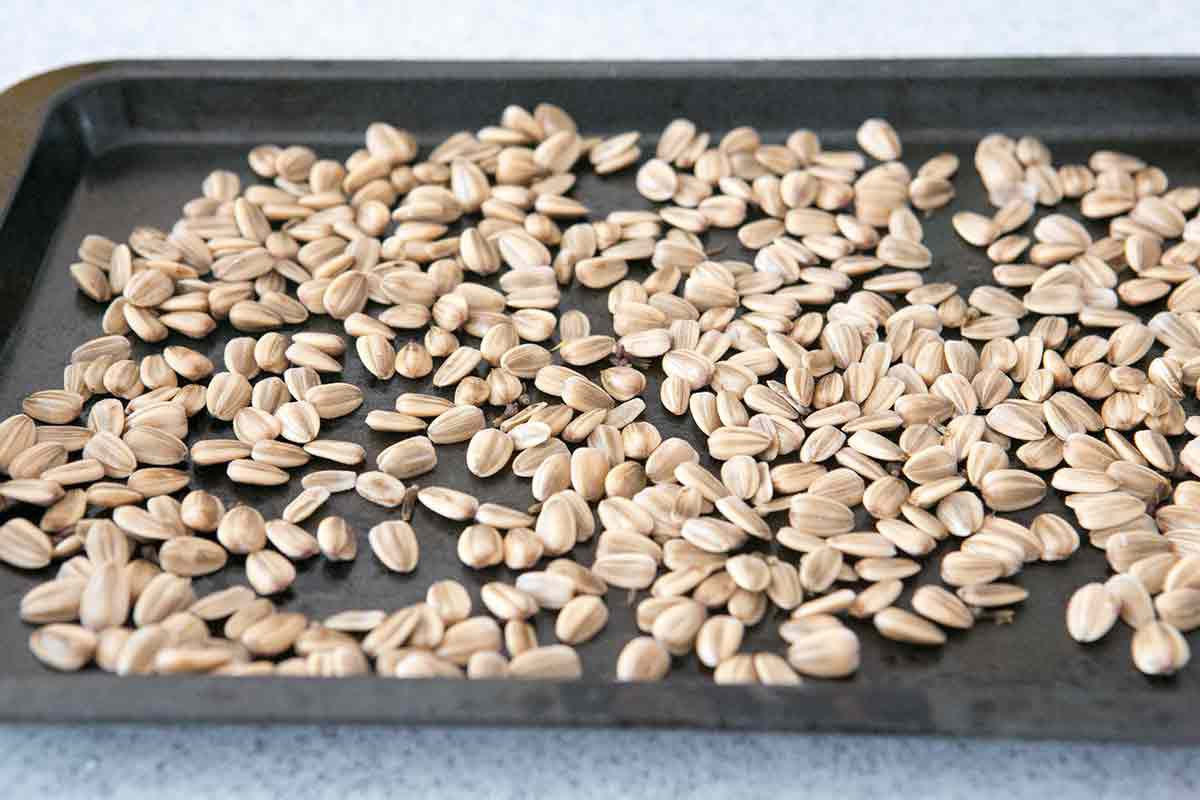

0 thoughts on “What Sunflower Seeds Are Edible”